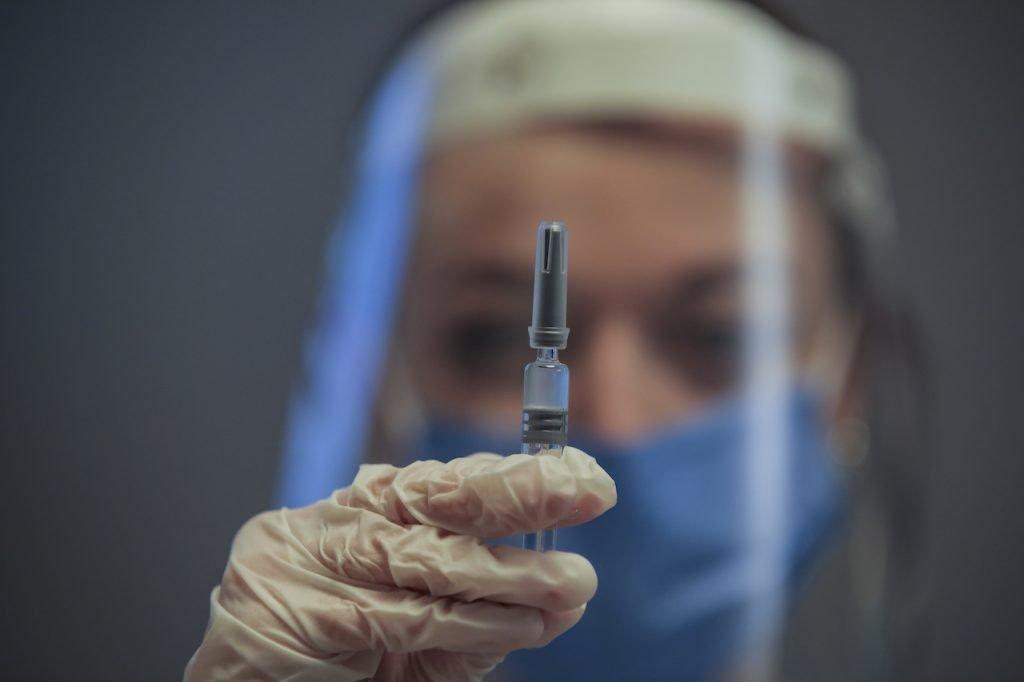No rush, please, urges doctors group after row over Chinese vaccine
Malaysia has purchased 14 million doses of the CoronaVac vaccine but its use is subject to final regulatory approval.
Just In
The authorities have been urged not to rush through regulatory approval for a Covid-19 vaccine developed by China’s Sinovac Biotech, following a report that it failed to achieve the threshold for approval in Brazil after a late-stage trial.
The Malaysian Public Health Physicians’ Association said this as the National Pharmaceutical Regulatory Agency (NPRA), which has the final say on approving all vaccines, continues its clinical trials on Covid-19 vaccines purchased by the government.
The association’s president Dr Zainal Ariffin Omar however said that test results vary in different countries.
“We must carefully study the methodology and outcome of the tests as they have produced different results in Brazil, Indonesia and Turkey,” Zainal told MalaysiaNow.
Several reports said that CoronaVac, the vaccine developed by Sinovac, had only achieved a 50.4% efficacy rate in a Brazilian trial, well below the threshold for regulatory approval.
This was despite a higher rate of 78% achieved in tests announced by the Brazilian government’s Butantan Institute, which has been criticised by scientists and health experts for a lack of transparency on its trial data.
“We must carefully study the methodology and outcome of the tests as they have produced different results in Brazil, Indonesia and Turkey.”
Pressured by critics, the institute explained that the higher result was due to volunteers who had suffered mild to severe cases of Covid-19.
The World Health Organization (WHO) however says a 50% efficacy rate is good enough for a vaccine to be used.
The findings come as Indonesia prepares to innoculate 1.3 million health workers with Sinovac’s CoronaVac, the first country outside China to use the vaccine.
Clinical trials by Indonesia’s Food and Drug Monitoring Agency showed an efficacy rate of 65.3%.
In an immediate reaction to reports on CoronaVac’s low efficacy rate, Science, Technology and Innovation Minister Khairy Jamaluddin, whose ministry has been tasked with procuring billions of ringgit worth of vaccines to cover more than 30 million Malaysians, said the authorities would review Sinovac’s clinical data before deciding to proceed with the purchase.
“If we are not satisfied with the safety and efficacy, we will not go through with the procurement,” Khairy said on Twitter.
Malaysia has signed a deal to purchase 14 million doses of the CoronaVac vaccine, in addition to several others including Pfizer, which has reported an efficacy rate of up to 95%.
So far, the NPRA has only given approval for Pfizer.
“If we are not satisfied with the safety and efficacy, we will not go through with the procurement.”
Zainal said it is crucial to identify the effectiveness and side effects of any vaccine.
He said the NPRA should also carry out comparative studies on all vaccines to avoid any purchase that would result in financial loss to the government.
“We should allow NPRA to come out with the best and most accurate evaluation,” he told MalaysiaNow.
Malaysia is expected to begin its Covid-19 vaccination programme in late February with the arrival of 12.8 million doses of the Pfizer vaccine.
The government said it would purchase another 12.2 million doses of the same vaccine, enough to inoculate some 40% of the population.
Malaysia has already signed deals with drugmaker AstraZeneca for 6.4 million doses, and the same amount from WHO’s global vaccine collaboration programme, Covax.
Subscribe to our newsletter
To be updated with all the latest news and analyses daily.
